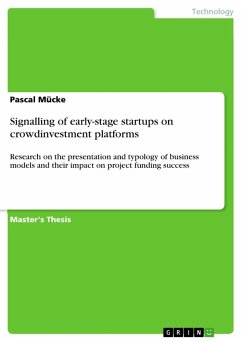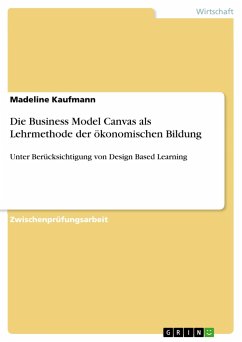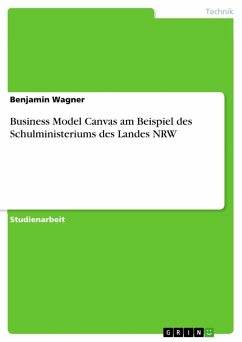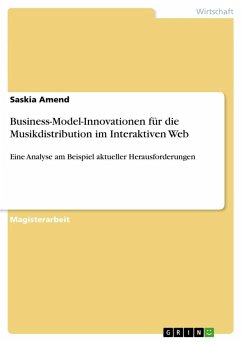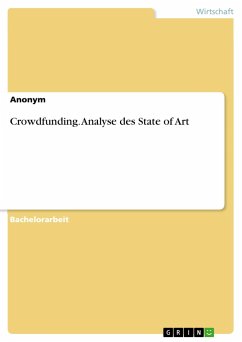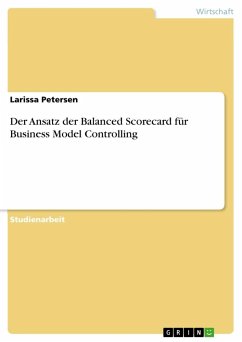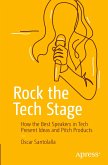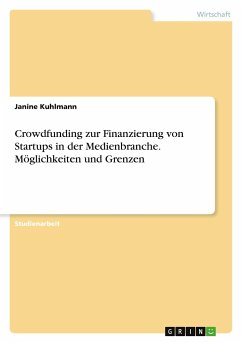Master's Thesis from the year 2018 in the subject Engineering - Industrial Engineering and Management, grade: 1,0, Kiel University of Applied Sciences, language: English, abstract: Crowdinvesting as a relatively new funding form for early-stage startups in Germany bears fundamental opportunities for all participants. In this respect, startup entrepreneurs are facing the challenge to convince potential investors of their business idea to finally induce investments. Since crowdinvesting communication is limited to digital channels the knowledge about what information is relevant for making investment decisions is of crucial significance. Moreover, the "crowd" can be considered as a completely new investor class with specific characteristics and information requirements compared to traditional capital providers.The purpose of this research study is to evaluate the importance of business models as a potential unit of analysis in the crowdinvesting decision-making process. In this respect, the significance of selected signalling criteria that may serve as quality indicators for investors will be investigated. In order to gain a broader understanding about the preferences in crowdinvesting a comprehensive empirical study of the German crowdinvesting market is conducted. Entrepreneurs, crowdinvestors as well as respective platforms and thus the entire concept of crowdinvesting will benefit from a knowledge gain.The theoretical framework describes the characteristics of early-stage startups as well as the relevance of business models in the entrepreneurial context. In this light, different frameworks for the concept of business modelling will be presented and dismantled into relevant building blocks. Additionally, the concept of crowdinvesting is discussed in consideration of some special implications that can be explained via information economics and behavioural sciences such as information asymmetries and the occurrence of decision heuristics based on signalling criteria.The research indicates that the business model concept is a suitable unit of analysis as it allows a differentiated view and enables new opportunities for the evaluation of crowdinvesting campaigns. In this context, it has been statistically proven that product-focused business models are funded more successfully than others. Generally, the results imply that startups should engage in offensive signalling to improve success of the crowdinvesting campaigns. However, there are also some indications in this context that the crowd makes decisions based on simplified evaluation processes and therefore applies binary decision heuristics.

